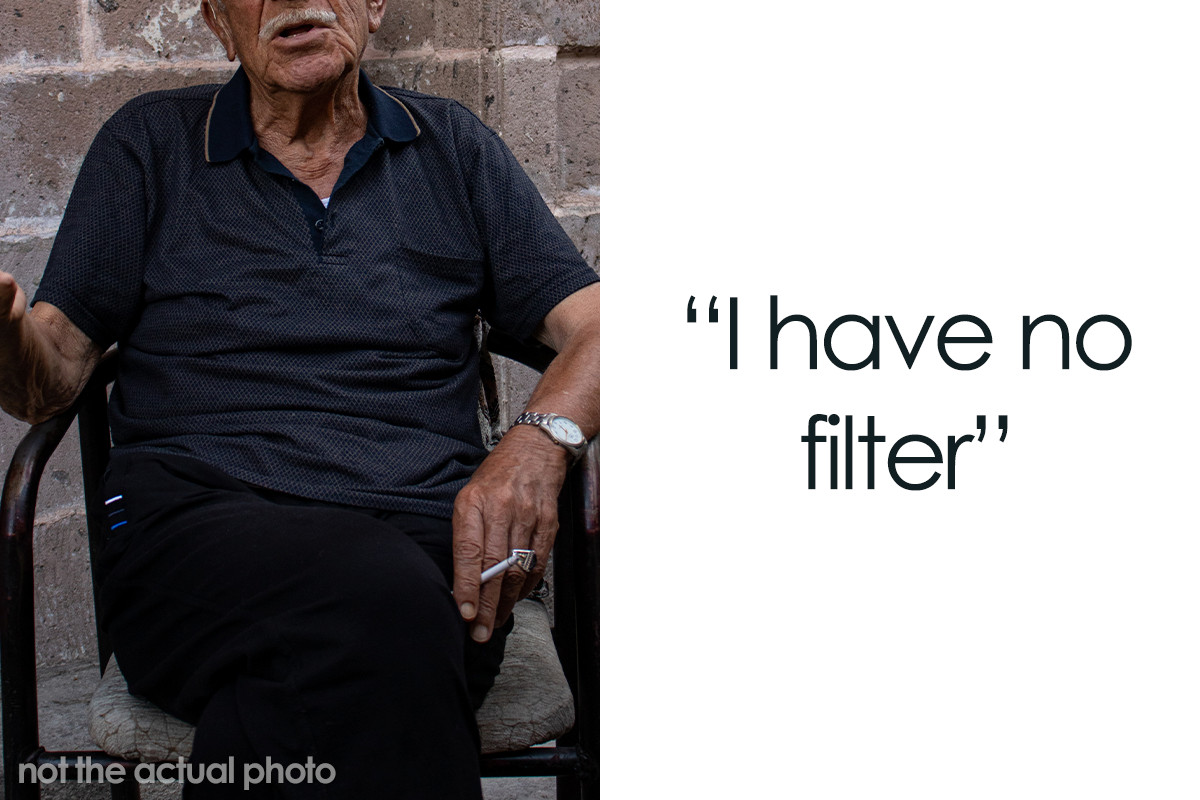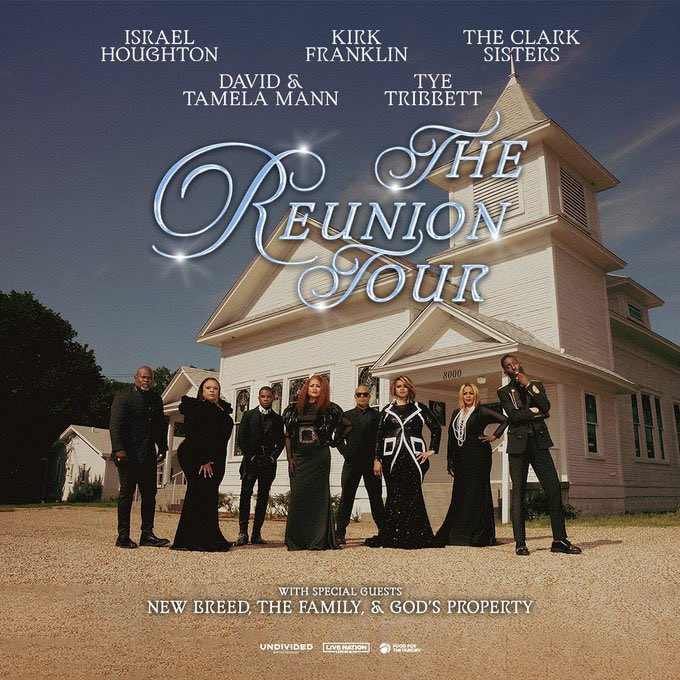You have got to be joking, I thought to myself the other day when I received an out-of-office email from a work contact that said this: “Thanks for your email. I’m on leave until August 15. For anything urgent please WA me.”
This was annoying. I had no clue what it meant to WA someone. Also, when it dawned that WA was short for WhatsApp, I realised that even if I wanted to WA the youthful sender I couldn’t because she had not included a phone number in her email.
This, I later snorted to a friend, is the problem with young people at work.
They haven’t got the first clue about basic office behaviour. Who includes a confusing abbreviation like “WA” in an out-of-office email? And why tell the world to WA you when you can only be WA-ed by people with your phone number?
Once I had stopped ranting, my friend pointed out that the sender had actually been quite sensible.
She had devised a polite way to say she was available for urgent work matters while on leave, but only if you were a client, work colleague or someone who knew her well enough to have her phone number – as opposed to a random, cold-calling irritant.
[ Your work questions answered: My employee has changed hours without permission, what can I do?Opens in new window ]
My friend was right. I was wrong. In fact, having been called by plenty of such irritants after leaving a phone number on OOO messages, I plan to adopt the WA policy myself.
This is an example of one of the most infuriating things about young people at work. They often turn out to be right.
I say this as someone who believes generational differences can be vastly overblown. I also know how many managers struggle to deal with what they feel are coddled, disengaged and difficult younger workers.
But I have had to bow to the awful truth that people younger than me do occasionally know better. This goes beyond their admirable, if skittish, preference for roomy cargo pants over skinny jeans, and long socks under shoes instead of the less comfortable – and apparently dated – no-show socks that fill my drawers.
It’s the youthful approach to “work-life balance”, a phrase I don’t recall uttering before the pandemic, that has really forced me to rethink.
I was reminded of this the other week when I was telling a journalist I’ve known for decades about a pile of deadlines I had accepted that were threatening to make a mess of the following fortnight.
“Why don’t you just drop one of the commitments?” she asked. I looked at her, mildly shocked, as she added that this is what someone younger would do.
[ ‘The Swedes probably have a better work-life balance to what we have in Ireland’Opens in new window ]
She and I both spent years working through nights and over weekends to follow running news stories or meet big deadlines. Everyone did at the time. More recently, we have both heard younger colleagues announce that, having worked through the weekend, they would be taking two week days off, no matter what sort of news was happening.
The first time this happened, my reaction was much like the one to the OOO message: you are joking.
I still think you shouldn’t sign up for a career with unavoidably long or unpredictable hours unless you are up for it. But I started working before email and smartphones kept you tethered to work 24/7.
And as I have watched older people in a raft of different sectors burn out, fall ill with stress, or just grow more tired and unproductive, I have become convinced of the need to make working hours sustainable.
The health benefits are obvious. Working at least 55 hours a week led to 745,000 deaths from stroke and coronary heart disease in 2016, a 29 per cent rise since 2000, UN data shows.
And long hours are not necessarily good for business either.
[ ‘Gone are the days of taking a phone call in the open’: why office pods are needed everywhereOpens in new window ]
Gallup research in June showed just 6 per cent of employees feel engaged at work in Japan, which has an entire word for death by overwork (karoshi).
That makes them some of the world’s least engaged employees, a ranking they have held for years, which is a worry considering employee engagement is linked with productivity and profitability.
Ultimately, older workers’ acceptance of long, unhealthy working hours is what younger workers are challenging worldwide. Their disapproval may jar. It may even grate, but it is definitely pushing working life in the right direction. – Copyright The Financial Times Limited 2024
The Shift in Workplace Culture
The changing landscape of the workplace, driven by the younger generation, has forced a reassessment of what constitutes a healthy and sustainable work environment. This shift goes beyond personal preferences for clothing styles or the occasional use of WhatsApp for work-related communication. It's about redefining work-life balance, acknowledging the need for breaks and prioritising well-being.
Rethinking Long Hours
While the younger generation may be perceived as more demanding in their expectations of work-life balance, their stance has prompted a crucial conversation about the long-term effects of excessive working hours. The statistics are alarming: a 2016 UN report found a significant correlation between working over 55 hours per week and increased mortality rates due to stroke and coronary heart disease.
Beyond the health implications, long hours can negatively impact productivity and profitability, as evidenced by Japan's low employee engagement rates. The country's work culture, known for its long working hours, has contributed to low engagement levels, highlighting the need for a more balanced approach.
A Generational Learning Curve
The shift in workplace culture isn't simply a generational divide; it's a reflection of evolving values and priorities. It's important to remember that the younger generation's approach to work-life balance isn't just about being lazy or entitled. It's about a conscious effort to create a more sustainable and healthy working environment. Older generations, often accustomed to a more traditional work ethic, can benefit from learning from their younger counterparts. This involves being open to new ways of working, respecting boundaries, and prioritising personal well-being. It's a reminder that progress is about adapting, learning, and acknowledging the value of finding a balance between work and personal life.
Looking Ahead
The younger generation's challenge to the status quo of long working hours is a sign of progress. It's a call for a more balanced and sustainable work environment, one that values both productivity and well-being. As the workplace continues to evolve, the younger generation's voice and their insistence on a more balanced approach will likely shape the future of work.
© 2024 The Irish Times DAC



















